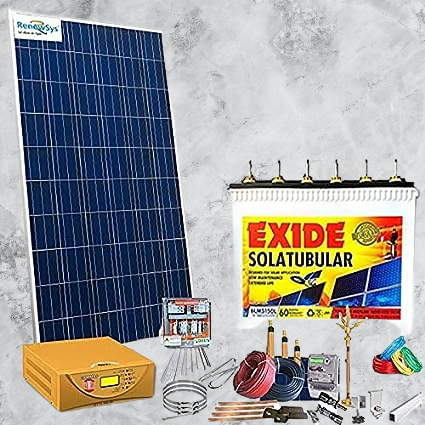The benefits of local ownership of clean energy
 |
Local ownership of clean energy offers numerous benefits for communities and individuals. Here are some key advantages: |
1.Economic development: Local ownership of clean energy projects stimulates economic growth and job creation. When renewable energy projects are owned by local individuals, cooperatives, or community organizations, the revenue generated stays within the community, leading to increased local employment opportunities, business growth, and tax revenue.
2. Energy cost savings: Local clean energy ownership can help reduce energy costs for communities. By generating power locally from renewable sources such as solar, wind, or hydro, communities can offset their reliance on expensive fossil fuels or imported energy. This can lead to reduced electricity bills for consumers and businesses, saving money and improving local economic resilience.
3. Energy independence: When communities have their own clean energy generation capacity, they become less dependent on external energy sources. This reduces vulnerability to price fluctuations in fossil fuel markets and geopolitical risks associated with energy imports. Local ownership of clean energy promotes energy self-sufficiency and strengthens energy security.
4. Environmental benefits: Clean energy sources produce fewer greenhouse gas emissions and contribute to mitigating climate change. Local ownership of clean energy encourages the transition away from fossil fuels, reducing carbon dioxide and other harmful emissions that contribute to air pollution, climate change, and associated health issues. This benefits both the local community and the global environment.
5. Community engagement and empowerment: Local ownership of clean energy projects fosters community engagement and participation. It allows individuals and communities to actively contribute to and benefit from the transition to a cleaner and more sustainable energy system. Communities can have a say in the planning, development, and operation of clean energy projects, creating a sense of ownership, pride, and empowerment.
6. Local resilience and stability: Local clean energy ownership enhances the resilience and stability of the energy system. Distributed renewable energy sources, such as rooftop solar panels or community wind farms, reduce the risk of widespread power outages and increase the reliability of electricity supply. This is particularly important during extreme weather events or natural disasters when centralized power grids may be disrupted.
7. Innovation and technological advancement: Local ownership of clean energy projects encourages innovation and the adoption of new technologies. Communities that own renewable energy assets are often at the forefront of testing and implementing emerging technologies, such as energy storage, smart grid systems, and microgrids. This promotes local economic development, attracts investment, and fosters the development of clean energy industries.
Overall, local ownership of clean energy brings a range of benefits, including economic growth, energy cost savings, environmental protection, community engagement, and resilience. It empowers communities to take control of their energy future, while contributing to a more sustainable and prosperous society.


%20(31).jpg)
Great blog! The article provides an insightful overview of the numerous solar energy benefits. It effectively highlights how solar power is not only a sustainable and renewable energy source but also a cost-effective solution that can save money in the long run.
ReplyDelete